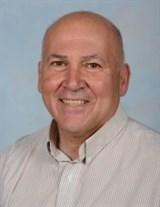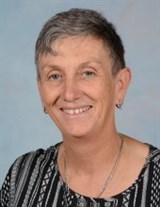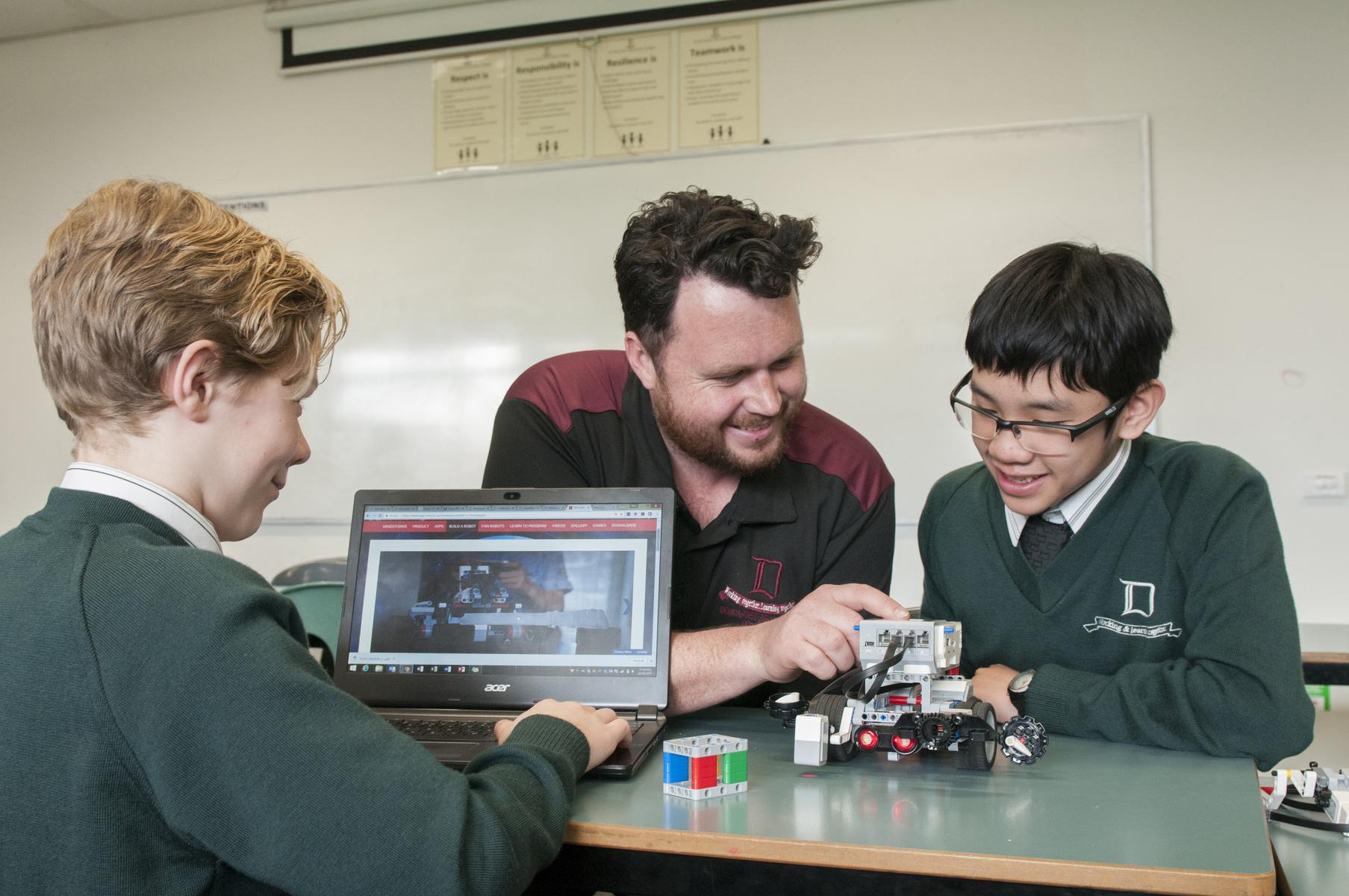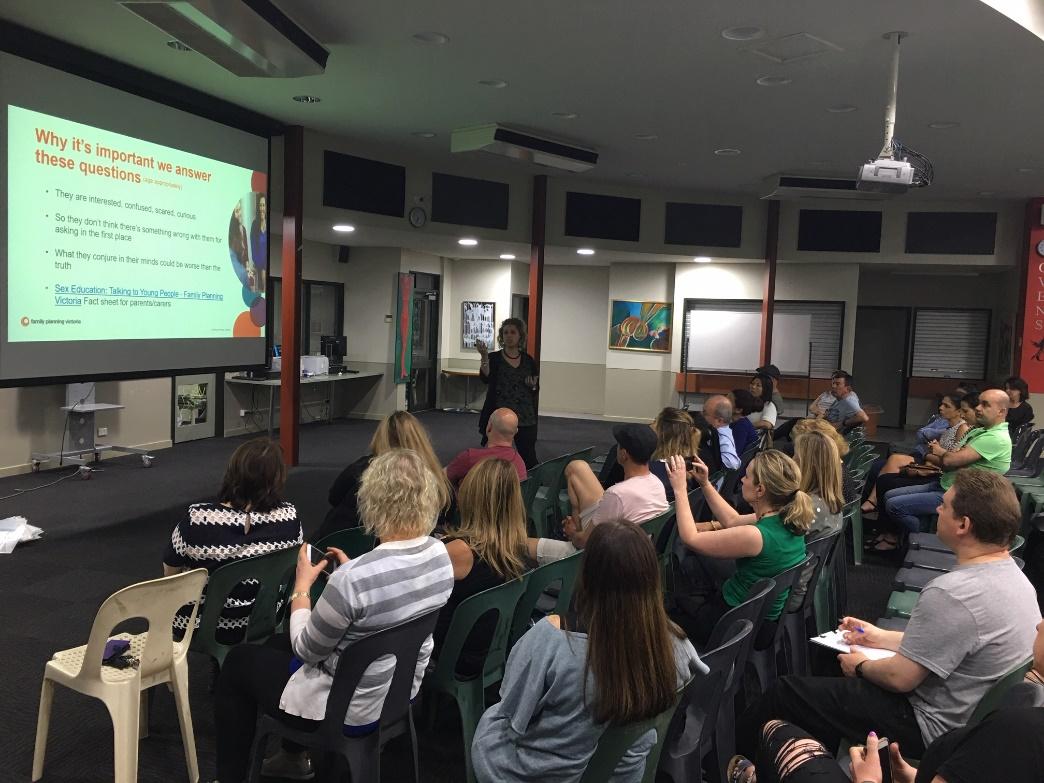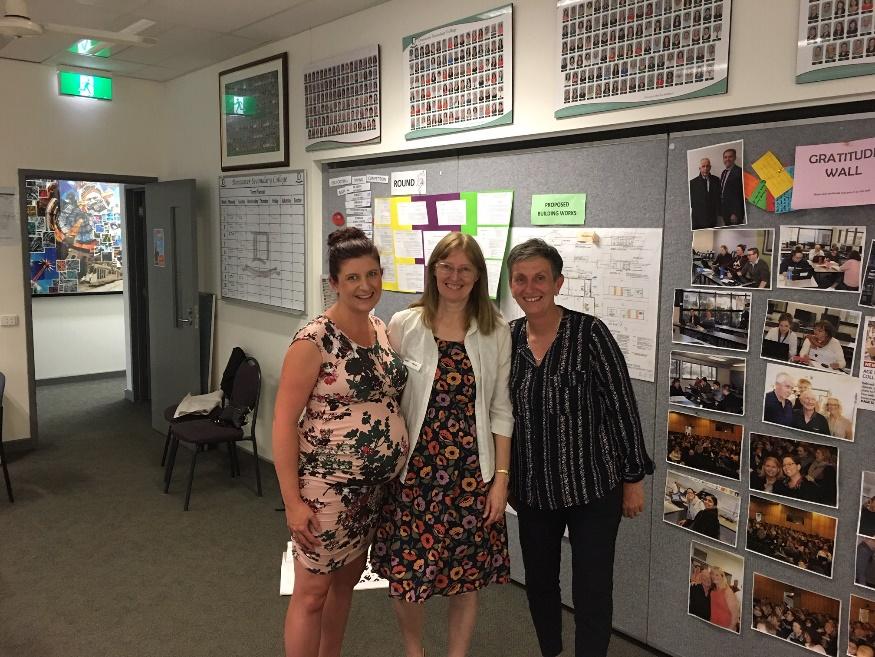ASSISTANT PRINCIPALS' REPORT
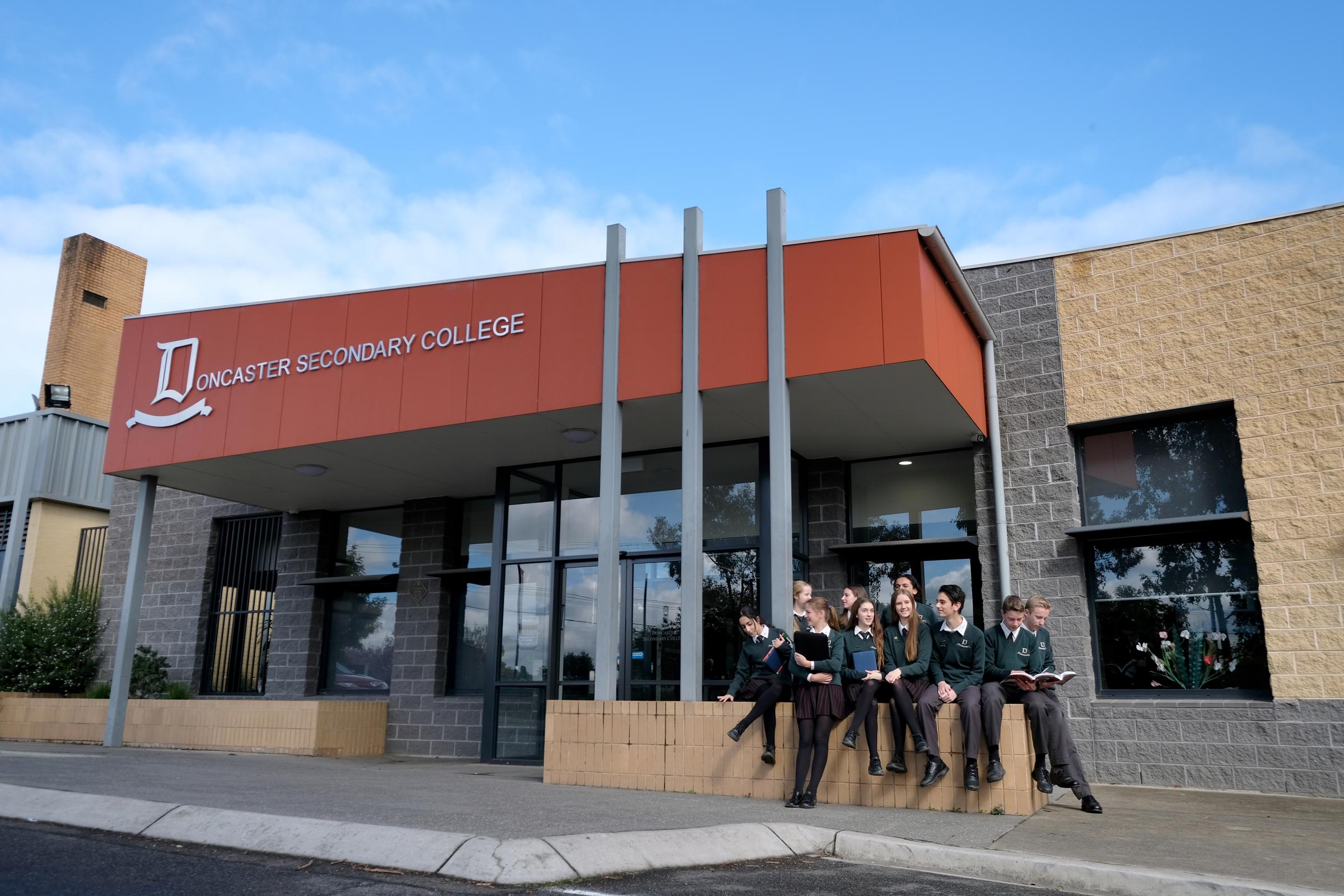
A comparison of student learning in Australia to China
As you will have heard secondary school in China is very intensive in terms of hours and effort required. School starts early and finished late. In addition, students attend regular tutoring and compulsory homework sessions. Chinese students face extreme pressures to do well, whilst Australian students, especially at the middle school level, generally have a much more balanced approach to study.
Classes in Australia are smaller with only around 25 students in a classroom, compared with 40 or more in a Chinese classroom. Australian students are encouraged to be independent thinkers, to challenge ideas and theories or values. Teachers engage their students and make their lessons as interesting as possible whilst catering for students of all academic abilities. In a typical Chinese learning environment, you might hear the teacher say, ‘don’t talk, now repeat after me’, whereas in an Australian classroom the teachers encourage open conversation. Australian students are expected, especially in the senior years of school, to be self-motivated and to take responsibility for their learning. As part of the Westernised view, they are given the freedom to make choices and take a high level of responsibility for their academic results. If the student chooses not to work hard it is to their own detriment. This approach helps to set up students for university and their lives in the workforce.
At universities in China, there is an expectation that the university professor or teacher will take some responsibility to make sure their students pass. In comparison, at Australian universities, it is entirely up to each individual to meet the expectations. If a student fails a unit, they are held accountable. Students learn to develop self-discipline and resourcefulness and because of this, Australian graduates show initiative and independent decision-making.
Aside from completing a compulsory English unit, senior school students in Australia are given the opportunity to choose from a range of subjects to undertake for their final years. The same level of flexibility is not seen in Chinese schools and university, similarly, teaching and learning styles are completely different. In China, students are encouraged to cite their professors and teachers ‘word for word’ in their final assessments. In an Australian school and university, you may not cite things ‘word for word’ in an essay. This is seen as plagiarism which can lead to expulsion or failure of a unit of study. It is important that Chinese students who transition to an Australian learning environment are aware of and understand these differences. Our aim is to provide our students with the skills and capabilities to meet the expectations of employers. Qualities such as adaptability, using initiative, problem-solving, teamwork, resilience and curiosity are more important than rote learning information. This is why Australian secondary school and universities encourage students to build these skills and qualities.
A Chinese student’s experience in the Australian education system is entirely different from what they would experience in China. This is not to criticise one or promote only one method of learning, it is simply to bring these differences to attention and to highlight that individualism and the ability to be an independent student is required to achieve academic success.
Jeff Pavlou
Assistant Principal
FAMILY PLANNING VICTORIA
On Monday, 8 October, Doncaster Secondary College was pleased to be able to host a Bonnie Lee from Family Planning Victoria. This session focused on the sexuality education which is covered in Health classes, and was organised in response to the work of the wellbeing action team. Parents on this team identified a need to better understand the curriculum being delivered so as they felt more prepared to engage in conversations with their children. Bonnie was able to communicate to our families the importance of including sexuality education as part of our Health Education curriculum, and through this we have developed a partnership where FPV will provide free professional learning for our Health teachers in 2019. I would like to acknowledge the work of Adam Knott (HPE Learning Area Leader) in organising the evening.
Wellbeing team 2019
We would like to welcome Bethany Moody and Sylvia Keane to our team for 2019. Both Bethany and Sylvia are qualified counsellors who have developed their skills and understanding of the role of a counsellor in a secondary school setting, through their placement at Brentwood SC. Bethany has already started to build relationships with our community through volunteering at DSC in term 4, 2018.
In 2019, our counsellors will be situated within the Sub-School offices. Having two counsellors will allow the wellbeing team to build on the fantastic work of Katherine Lazarus in implementing targeted programs to meet the specific needs of students within the sub-school. Through the expansion of our placement student program, we believe that we will be able to better support our students to build their social and emotional skills. Our placement students will be supported to build and apply their counselling skills through meditation, restorative conversations, implementation of the interventions for responding to bullying, reflective thinking, therapeutic counselling etc.
Search Institute: Developmental Assets
Drew Hanna (Student Wellbeing Coordinator, 2019) will be presenting to staff on the Developmental Asset Framework. This framework identifies 40 positive supports and strengths that young people need to succeed. Half of the assets focus on the relationships and opportunities they need in their families, schools, and communities (external assets). The remaining assets focus on the social-emotional strengths, values, and commitments that are nurtured within young people (internal assets).https://www.search-institute.org/our-research/development-assets/developmental-assets-framework/
In introducing the framework to staff, Drew will make connections between the work currently taking place at DSC which is contributing to the development of these assets (Instructional model, DiSCovery, RRRR curriculum, Student Voice and Agency, Community involvement etc.) This will then set the scene for the work which will follow in 2019.
Whole school approach to the prevention and response to bullying
The working party focusing on preventing and responding to bullying will meet again on Tuesday, 27 November. Thank you to Jack Trewella for taking the lead role in this working party. The work will be ongoing however, we will be able to start the 2019 school year with guidelines for our College community around the prevention and response to bullying.
The National Day of Action against Bullying and Violence will be held on March 15. Through making a commitment to be involved in this day, the wellbeing team will be able to partner closely with the level coordinators, DiSCovery teachers, student leaders (DSC Connect Captain Respectful Relationships Captain and the Social Justice Captains) to raise awareness and take action.
Presentation on Refugees and Asylum Seekers
The DSC Wellbeing Action Team were joined by Emma Hanna, (Missional Community Development Worker, Manningham Uniting Church, and DSC Wellbeing Action team member), and Marion Bailes (Connections Group Chair, Manningham Uniting Church). Marion Bailes has worked as a GP for over 25 years and has a longstanding interest in caring for socially disadvantaged patients of all ages, particularly refugees and asylum seekers. She has an interest in all areas of health and well-being and holds a Masters in Transcultural Mental Health. She currently works as a GP in a Refugee Health Clinic in a community health centre in the eastern suburbs of Melbourne and also convenes a group at Manningham Uniting Church which aims to support and advocate for refugees and asylum seekers.
Marion and Emma were able to raise our awareness of the refugee and asylum seeker journey and provided some examples of how the Manningham Uniting Church (MUC) had supported refugees and asylum seekers.
These included:
· Emergency Medication Fund – established and donate to an Emergency Medical Fund held at Eastern Access Community Health for Asylum Seekers to access health care.
· Knitting - Monthly Knitting group that meets on a Monday afternoon and knits jumpers and beanie and teddies for newly arrived refugees.
· Food drives - collection of non-perishable items that get donated to Asylum Seeker Resource Centre
· Toiletry Bags - MUC collect donations of toiletry items and make up toiletry bags for newly arrived refugees, these are handed out by the refugee health nurses.
· Advocacy and Awareness raising - hosting guest speakers, participate in awareness raising presentations and advocate through letter writing to politicians.
· Fund Raising - MUC fundraise for organisations like Refugee Legal, Asylum Seeker Resource Centre, We Care Nauru, Lentara
· Relationships and Partnerships - we have strong relationships and partnerships with organisations like the Asylum Seeker resource Centre (ASRC), Refugee Legal, Lentara, EACH
The Doncaster Secondary College community has an opportunity to support the work of the Manningham Uniting Church, through identifying the area in which we can contribute. One such opportunity may be supporting newly arrived school aged refugee children with back packs, including books and pencils.
Glenn Morris
Assistant Principal

